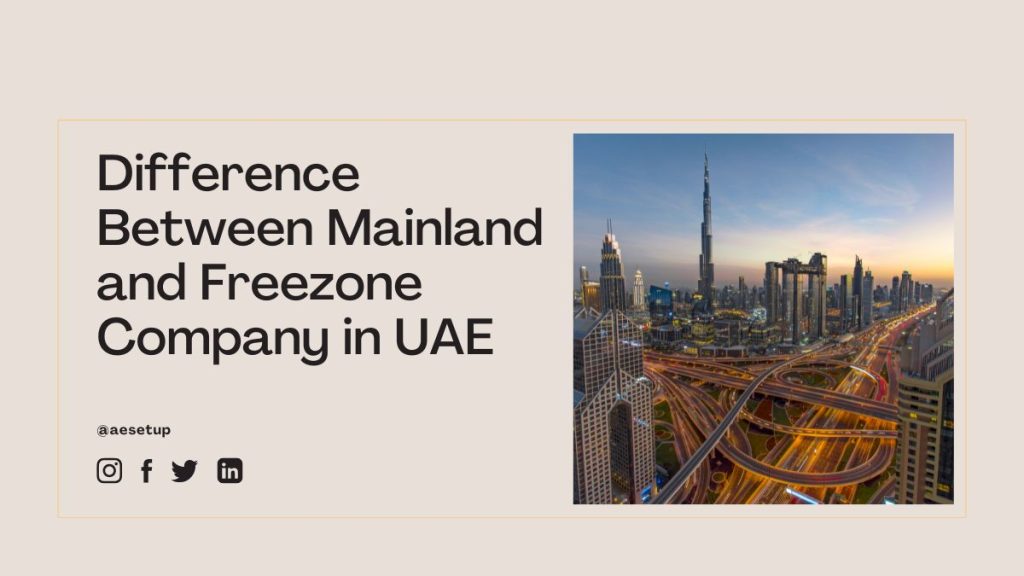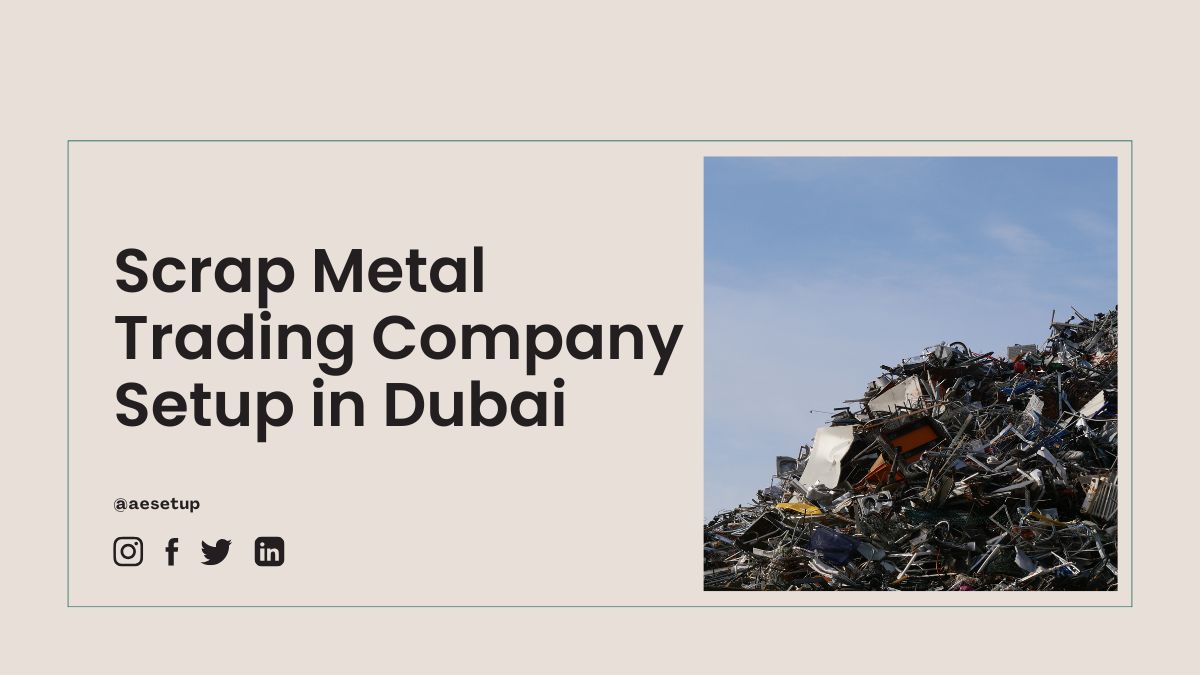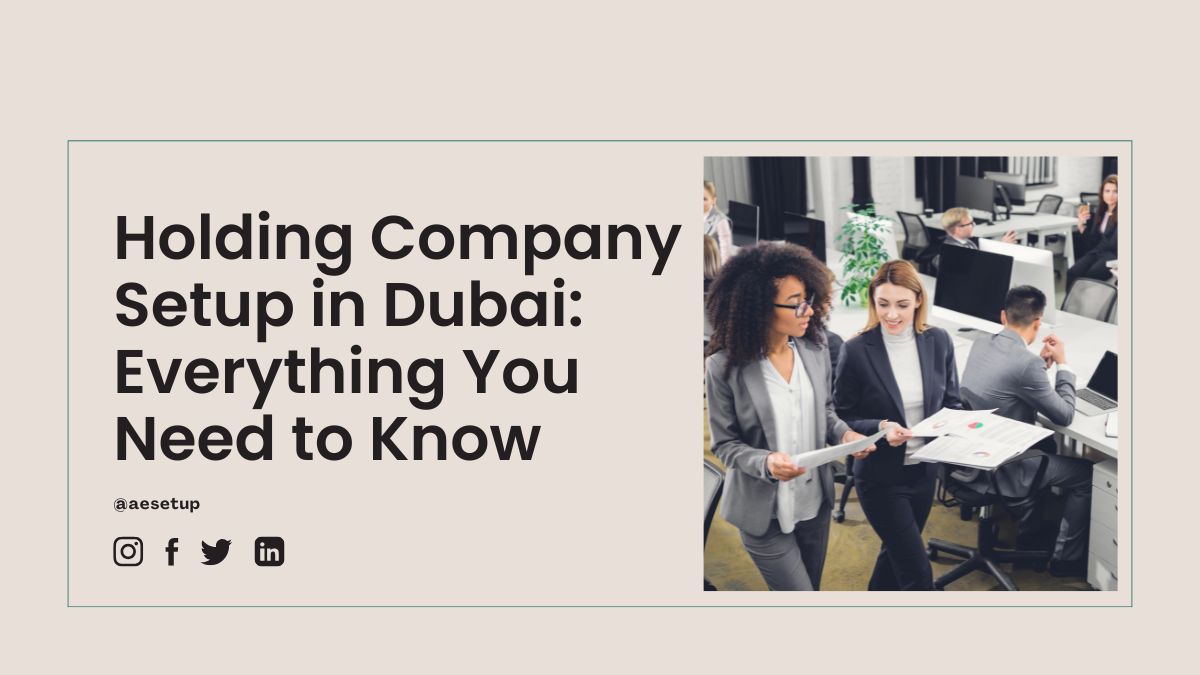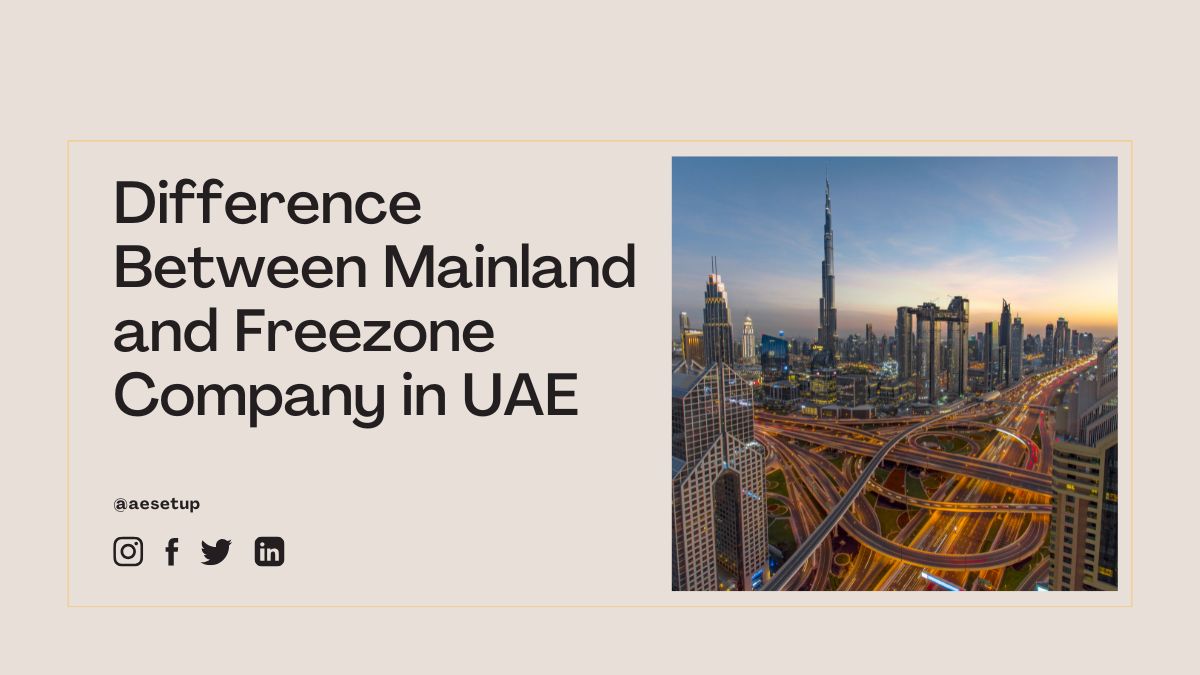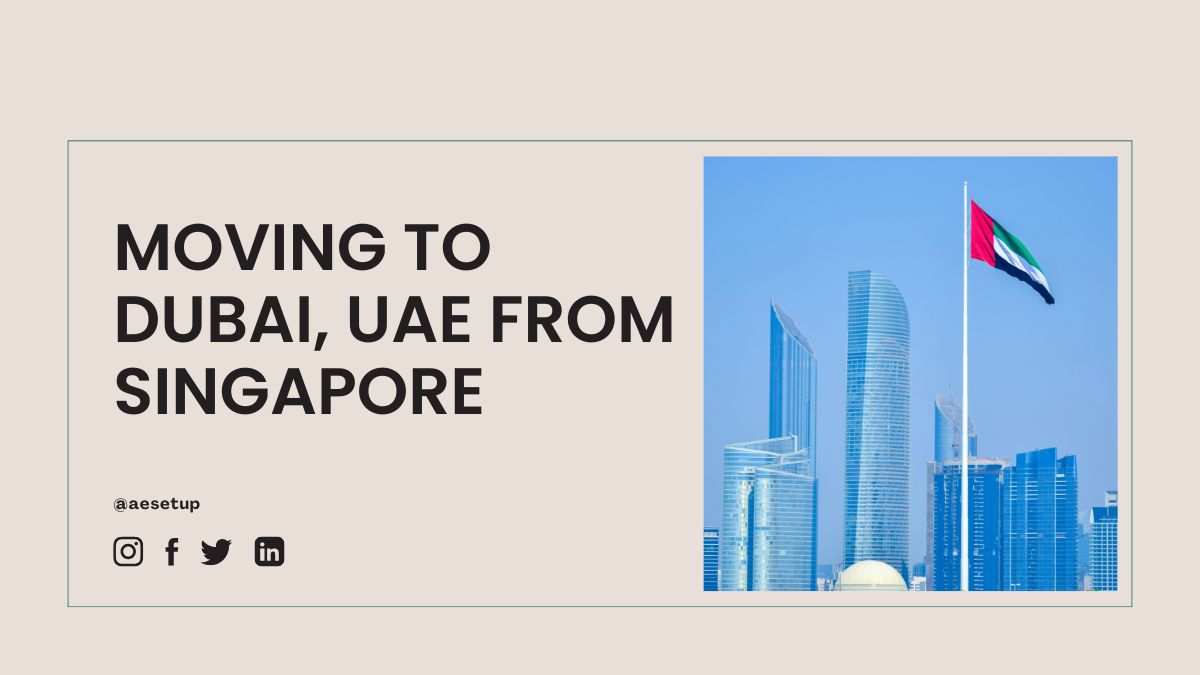If you’re planning to start a business in the UAE, one of the first big decisions you’ll face is choosing between a Mainland company and a Free Zone company. These are the two most popular options for entrepreneurs and investors, and both come with their own unique benefits. That’s why they’ve become so popular in the UAE’s fast-growing business world.
The choice you make here is super important because it affects how and where you can run your business, who you can trade with, and even how much control you have over your company. In short, it can shape the future of your business.
So, if you’re weighing your options and wondering “Which one is better for my business – Mainland or Free Zone?”, you’re in the right place. Here we’ll break down the key differences between Mainland and Free Zone companies in the UAE to help you make an informed choice with confidence.
What is a Mainland Company in UAE?
A Mainland company is one of the most common types of business structures in the UAE. It is licensed by the Department of Economic Development (DED) of each emirate and is considered the most flexible option for entrepreneurs who want to tap into both the local and international markets.
Governing Authority:
The DED is the authority that regulates and issues licenses for Mainland companies. Every emirate in the UAE has its own DED (for example, Dubai DED or Abu Dhabi DED), which ensures that businesses comply with local laws and regulations. Setting up through the DED gives you access to operate across the UAE without restrictions.
Where Can a Mainland Company Operate?
One of the biggest advantages of a Mainland company is its unlimited market access. Unlike Free Zone companies, which are restricted to their respective zones and international operations, Mainland businesses can:
- Trade freely within the UAE local market.
- Expand internationally without limitations.
- Work directly with UAE government entities and larger corporations.
Ownership Rules:
Earlier, foreign investors needed to partner with a UAE national (sponsor) who held 51% of the shares. However, with recent changes in UAE company law, 100% foreign ownership is now permitted in most business activities. This means entrepreneurs can enjoy complete control of their business while still benefiting from the flexibility of the Mainland jurisdiction.
Why Consider a Mainland Company?
A Mainland company is best suited for entrepreneurs who want:
- Full access to the UAE market.
- The ability to expand their operations globally.
- Greater opportunities to work with both the private and government sectors.
- Flexibility in choosing office locations anywhere in the UAE.
What is a Free Zone Company in the UAE?
A Free Zone company is a business set up within a designated Free Zone in the UAE. Unlike Mainland companies, Free Zone companies operate under the rules of their respective Free Zone Authority, which offers special incentives to attract foreign investors and startups.
Operates Under a Specific Free Zone Authority
Each Free Zone in the UAE has its own regulatory authority and set of rules for company formation. Some of the most popular Free Zones include:
- IFZA (International Free Zone Authority, Fujairah)
- DMCC (Dubai Multi Commodities Centre)
- SHAMS (Sharjah Media City)
- RAKEZ (Ras Al Khaimah Economic Zone)
- JAFZA (Jebel Ali Free Zone Authority)
- Ajman Free Zone
- DIFC (Dubai International Financial Centre)
- DIC (Dubai Internet City)
Each Free Zone is designed to cater to specific types of businesses, such as trading, technology, media, finance, or industrial sectors.
Key Benefits of Setting Up in a Free Zone
Free Zone companies are popular because of the many advantages they offer:
- 100% foreign ownership without needing a local partner.
- Tax exemptions, including corporate tax benefits in most zones.
- Customs privileges, especially for trading and importing/exporting goods.
- Repatriation of profits and capital – investors can freely send profits abroad.
- Simplified setup procedures and fast licensing process, ideal for startups.
To sell goods or offer services directly to customers on the mainland, the free zone company must typically appoint a local Mainland distributor, agent, or establish a separate Mainland branch (dual license).
Mainland vs Free Zone in the UAE: Key Differences
Still confused? Don’t worry – here’s a simple table that breaks down Mainland vs Free Zone companies so you can quickly spot the differences.
| Aspect | Mainland Company | Free Zone Company |
| Ownership | 100% foreign ownership allowed in most activities (after recent reforms) | 100% foreign ownership guaranteed |
| Scope of Business | Can operate anywhere in the UAE and internationally | Limited to Free Zone and international trade (local trade requires a distributor) |
| Regulatory Authority | Licensed by the Department of Economic Development (DED) | Licensed by the respective Free Zone Authority |
| Office Space | Mandatory physical office space required | Flexi-desk, virtual office, or physical office options available |
| Visa Allocation | Generally unlimited visas, depending on office size | Limited number of visas (can increase with office upgrades) |
| Cost of Setup | Often higher (license costs start at AED 12,900), depending on activity and office space | Usually more cost-effective, especially for startups and small businesses |
| Audit & Compliance | Annual financial audit is mandatory | Audit requirements vary depending on the Free Zone |
| Taxation | Subject to UAE corporate tax laws(9%); VAT applies | Tax exemptions and customs benefits; corporate tax depends on Free Zone rules |
| Market Reach | Full access to local UAE market and government contracts | Strong for international trade, but limited access to UAE market without distributor |
Steps for Starting a Mainland Company in Dubai, UAE
Thinking of starting a Mainland company in Dubai, UAE? Here’s a simple breakdown of the steps you’ll need to follow.
1. Choose Your Business Activity
Decide what kind of business you want to set up. The UAE allows a wide range of activities, from trading and consultancy to real estate and industrial ventures.
2. Register Your Trade Name
Pick a unique and suitable business name that follows the UAE’s naming guidelines. The trade name must reflect your business type and be approved by the Department of Economic Development (DED).
3. Get Initial Approvals
Apply for initial approvals from the DED and any other relevant government authorities, depending on your business activity. This step confirms that you can legally proceed with the setup.
4. Draft the Memorandum of Association (MoA)
Prepare and notarize the Memorandum of Association (MoA) and other legal documents, which outline the company’s structure and shareholder details.
5. Secure an Office Space
Mainland companies are required to have a physical office address. You’ll need to rent or lease an office space that matches the scale of your business.
6. Submit Documents and Pay Fees
Submit all required documents (trade name certificate, MoA, office lease, approvals, etc.) to the DED and pay the applicable government fees.
7. Obtain Your Business License
Once everything is approved, the DED issues your business license. This is the official document that allows you to legally operate in the UAE Mainland.
Steps for Setting up a Free Zone Company in UAE
Setting up a Free Zone company in the UAE is usually quicker and more straightforward compared to a Mainland setup. Here’s a step-by-step guide:
1. Select the Right Free Zone
The UAE has over 45 Free Zones, each catering to specific industries like media, trading, technology, logistics, or finance. Choose the one that best matches your business activity.
2. Choose a Business Structure
Decide whether you want to set up as a Free Zone Establishment (FZE), Free Zone Company (FZC/FZ-LLC), or a branch of an existing company.
3. Pick Your Business Activity
Define your business activity (e.g., trading, consultancy, e-commerce, manufacturing) to ensure it aligns with the Free Zone’s approved list.
4. Reserve Your Trade Name
Select a unique trade name that follows UAE naming rules and get it approved by the Free Zone Authority.
5. Submit Application and Documents
Prepare and submit the required documents (passport copies, application form, business plan if needed, etc.) to the Free Zone Authority.
6. Choose Office Space or Flexi-Desk
Decide if you need a physical office, warehouse, or just a flexi-desk/virtual office depending on your business requirements.
7. Pay the License and Registration Fees
Settle the applicable government and Free Zone fees for registration and licensing.
8. Receive Your Business License
Once approved, the Free Zone Authority issues your license, allowing you to start operations.
Still Unsure? Let AE Setup Guide You
Deciding between a Mainland company and a Free Zone company really depends on what you want for your business. If you plan to trade freely across the UAE and work with big clients, a Mainland setup is the way to go. But if you’re looking for a quicker, more affordable start with global reach, then a Free Zone might be a better fit.
There’s no single right answer – it all comes down to your goals, budget, and target market.
And if you’re still not sure which option is best, All Emirates Setup is here to help. We’ll guide you in choosing the right setup and take care of the entire process – from licenses and approvals to office space, so you can start your business without the hassle.

